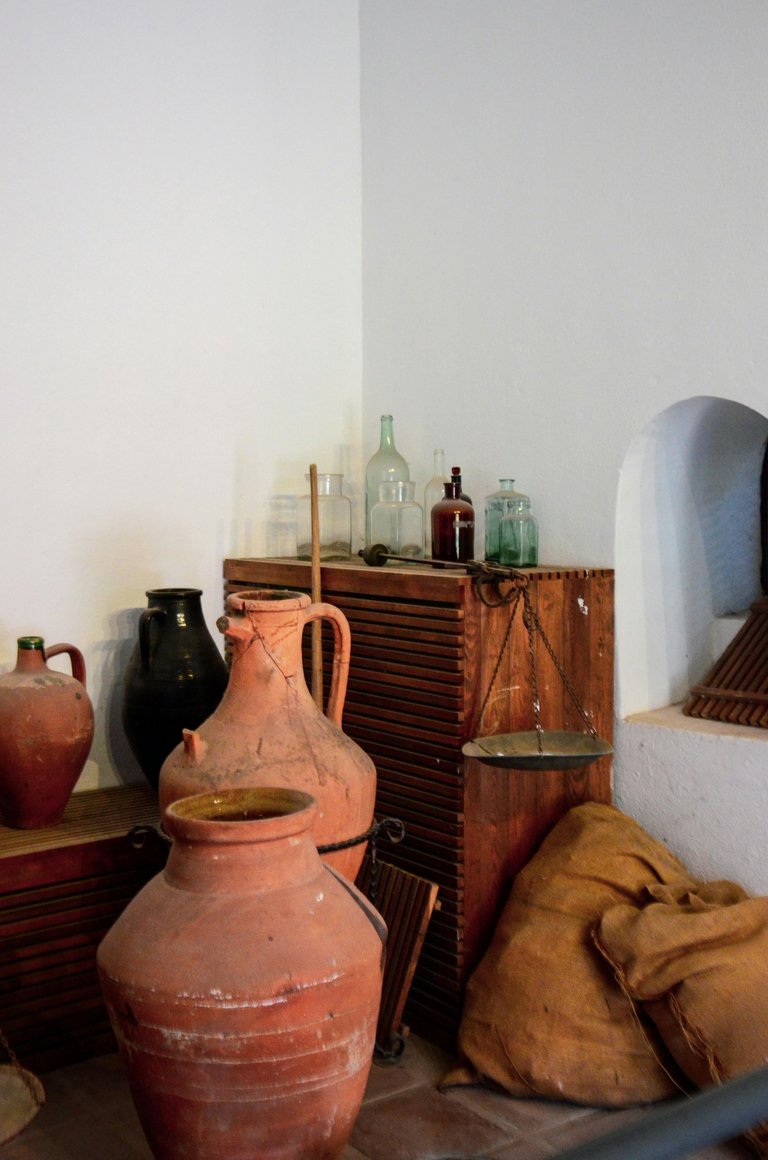Treasure in Jars of Clay Part 2

This is the continuation of the article I published yesterday about Treasure in Jars of Clay.
And this is the question I would like to answer based on 2 Corinthians 4 verses 1 to 18:
Why do many Christians today fail to see the gospel ministry as a treasure? Why many today don’t see the glory of Christ as a treasure? Why many seem to be ashamed of the death of Christ?
One obvious response is clearly stated in verses 1 to 6.
We fail to see the ministry as a treasure because of how the word of God is handled today.
Here we find Paul speaking about “deception” and “distortion,” which he described as “shameful” and done in “secret,” meaning not so obvious to everybody and done in such subtlety and sophistication. Instead of such subtle talk, Paul was using plain language.
Moreover, for those who despise the gospel, the simplicity of the plain presentation of the truth, the apostle responds that the gospel is veiled only to those who are perishing because they are blinded by the “god” of this world.
Consequently, these people could not see “the light of the gospel of the glory of Christ” (v. 4).
Furthermore, the apostle Paul talks about not preaching ourselves, but Christ. This is in contrast to those leaders who criticized him as weak and not a good public speaker based on the oratory standard of that day.
Speaking of “the glory of Christ” or “the glory of God in the face of Jesus Christ,” John Owen, the English Puritan distinguished between the glory of Christ that can be witnessed in this life by faith in the gospel and the glory of Christ that can be witnessed in heaven. Our text talks about the glory of Christ revealed in the gospel. However, for us to appreciate the power of witnessing such glory, read what the Puritan has to say about witnessing the glory of Christ in heaven, and I want to quote two paragraphs verbatim in Filipino:
Subalit pagdating sa kaluwalhatian, lahat ng mga ito ay tuluyang maglalaho. Wala nang bagay na magpapahina, magpapabagabag, o magpaparalisa sa ating mga kaluluwa, sa paggamit ng lahat ng kanilang mga kakayahan, nang walang hadlang na pagmamataas, pagkalihis o pagkaligaw o anumang kakulangan upang maisakatuparan ang minimithing layunin. . . Ang isang dalisay na espirituwal at aktuwal na pagsaksi sa kaluwalhatian ni Cristo, — isang dalisay na gawa ng pag-ibig na ayaw mahiwalay at sa halip ay ninanasang makipag-isa sa Diyos, — ay magdudulot ng higit pang kaligayahan at kasiyahan sa ating mga isipan kaysa sa mga bagay na kayang ibigay ng mundong ito (John Owen, The Works of John Owen Volume 1: The Glory of Christ, 1965, pp. 380-381).
Subalit sa araw ng ating kamatayan, tayo ay lalaya hindi lamang mula sa lason ng kasalanan, kundi lalaya rin tayo mula sa lahat ng hinanakit at kahinaan na nagpapahirap sa ating kalagayan sa buhay na ito. Sa papamagitan ng kamatayan, tayo ay papasok sa pintuan ng immortalidad o kawalang-kamatayan, isang hakbang patungo sa kaluwalhatian. Labis ang kaginhawahan na matatagpuan ng isang pinagpalang kaluluwa sa pagpapalayang ito sa dahilan na sa pagpasok sa pintuan ng kamatayan, ating masusumpungan ang walang hanggang kapahingahan. Kung kayat ang kamatayan ay hindi dapat katakutan sapagkat ito ang huling baitang na kailangan nating tuntungan upang tayo ay ganap na lumaya sa anumang natitirang labi na dulot ng kasalanan sa ating pagkatao (ibid.).
In the above two paragraphs, John Owen talked about the impact of witnessing the glory of Christ in heaven. Earthly concerns will fade away, leaving our souls empowered to achieve their ultimate purpose, with pure spiritual devotion to Christ offering greater satisfaction than worldly pursuits. Moreover, Owen explained the character of freedom Christian believers would experience as they enter the final gate to immortality. On that day, we will not only be freed from sin's poison but also from all afflictions, as death serves as a gateway to eternal rest.